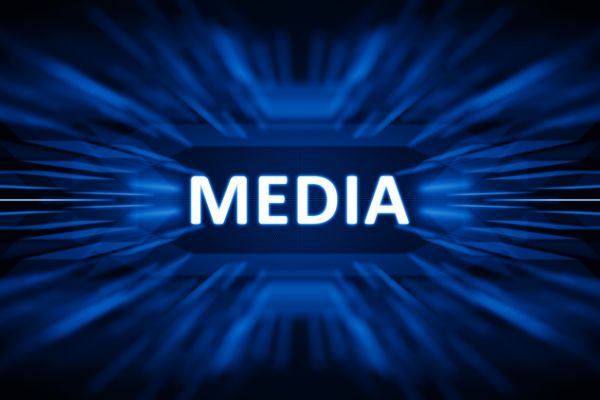Deadline: 10-Apr-23
The U.S. Department of State, Bureau of Democracy, Human Rights and Labor (DRL) announces an open competition for organizations interested in submitting applications for a project that strengthens independent media and expands space for freedom of expression and the public’s right to information in Sri Lanka.
Sri Lankans are facing the most severe economic downturn since independence in 1948. In March 2022, protesters representing a diverse coalition of Sri Lankan society united to push the country towards a better future devoid of corruption and regressive politics. These protests were driven by skyrocketing inflation, rampant government corruption, and widespread shortages of fuel, food, and medicine. The government continues to crackdown on protests using various security laws and targeting journalists for reporting on the continuing crisis. The media plays a key role in ensuring that Sri Lankans stay informed on what is happening in the country, hold government authorities accountable through reporting, and empower the public to use data and the right to information to advocate for enhancing and maintaining transparency and government accountability.
To advance these objectives, competitive proposals will substantiate a Theory of Change and supporting activities with findings from applied research, academia, impact evaluations or other learning tools to ensure an evidence-based approach reaching beyond a single organization’s experience in the field.
Objectives
- DRL’s goal is that journalists, media outlets, together with civil society actors in Sri Lanka sustainably counter oppressive laws and other challenges so they can conduct fact-based reporting to better inform citizens and to hold power-holders accountable. To this end, DRL seeks proposals for a program to advance the following objectives:
- Sri Lankan media and civil society advocate for changes to, and raise awareness on current legislation and policies that impede freedom of expression and right to information;
- Independent media work with civil society to inform citizens about economic, accountability and transparency issues that impact their community using the right to information law and other legal mechanisms;
- Independent media and civil society collaboratively engage in communities to ensure sustainability of citizen-led movements pressing for change, and
- Independent media and civil society actors develop resilient and sustainable coalitions.
Funding Information
- Funding Floor: $750,000
- Funding Ceiling: $750,000
- Period of Performance: 24 – 36 months
- Anticipated Time to Award, Pending Availability of Funds: 5 months.
Outcomes
- Illustrative desired outcomes for this program include:
- Journalists, independent media, activists, and civil society actors in Sri Lanka adopt new security approaches to ensure their own safety and continue providing reliable information that counters mis- and dis-information.
- Citizens in Sri Lanka gain access to information that allows them to develop informed opinions on issues that affect their lives and use that information to advocate for accountability and transparency.
- Dialogues and joint actions among media, civil society, local communities, and other relevant stakeholders to strengthen community oversight and accountability of government legislative and policy actions.
- Media and civil society are able to foster public demand for transparency and government accountability and engage citizens regarding its impact.
- Media and civil society advocate for proactive disclosure by public institutions.
- Advocacy by media and civil society groups on strengthening the implementation and use of the right to information law.
Eligibility Criteria
- DRL welcomes applications from U.S.-based and foreign-based non-profit organizations/nongovernmental organizations (NGO) and public international organizations; private, public, or state institutions of higher education; and for-profit organizations or businesses. DRL’s preference is to work with non-profit entities; however, there may be some occasions when a for-profit entity is best suited.
- Applications submitted by for-profit entities may be subject to additional review following the panel selection process. Additionally, the Department of State prohibits profit to for-profit or commercial organizations under its assistance awards. Profit is defined as any amount in excess of allowable direct and indirect costs. The allowability of costs incurred by commercial organizations is determined in accordance with the provisions of the Federal Acquisition Regulation (FAR) at 48 CFR 30, Cost Accounting Standards Administration, and 48 CFR 31 Contract Cost Principles and Procedures.
Exemptions
- An exemption from these requirements may be permitted on a case-by-case basis if:
- An applicant’s identity must be protected due to potential endangerment of their mission, their organization’s status, their employees, or individuals being served by the applicant.
- For an applicant, if the federal awarding agency makes a determination that there are exigent circumstances that prohibit the applicant from receiving a UEI and completing SAM.gov registration prior to receiving a federal award. In these instances, federal awarding agencies must require the recipient to obtain a UEI and complete SAM.gov registration within 30 days of the federal award date.
For more information, visit DRL Strengthening Independent Media.
